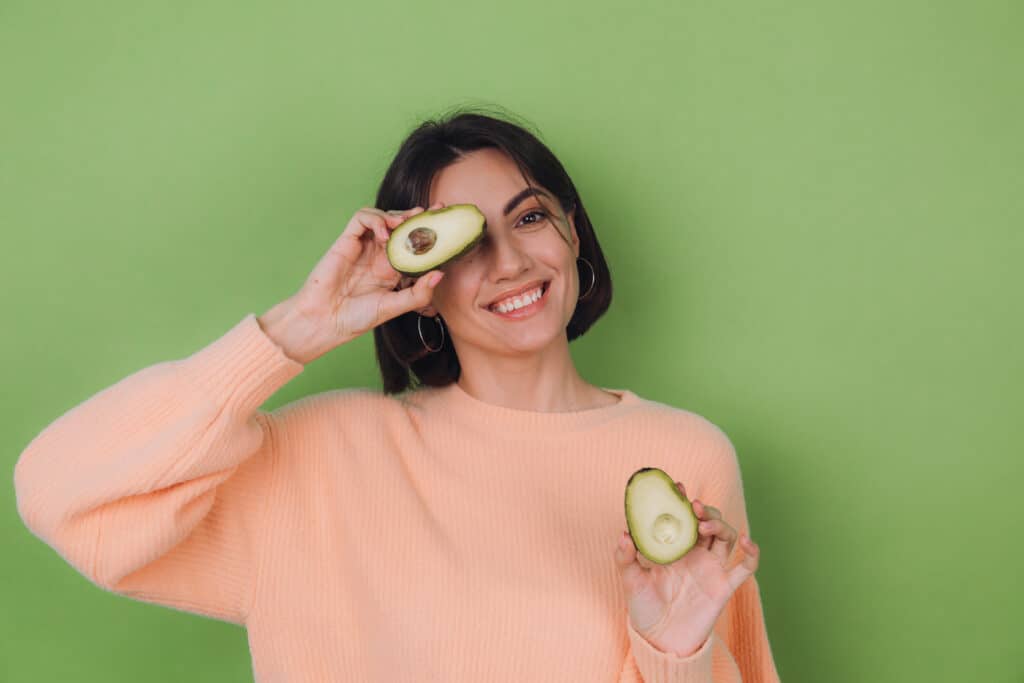You have been faced with the choice more than once in the supermarket. Should you choose the organic produce, or non-organic? The same can be said for things like dairy products and even meat! Is it time to switch to organic eating?
The reality is, most people tend to look at the price difference between their options, and often opt for the cheaper purchase.
While it’s true that non-organic foods tend to be cheaper, keep in mind that you’re getting what you pay for when you go organic. What does that mean? Well, let’s take a look at three benefits of organic eating that will help you to understand why that higher price tag is worth it, especially if you want to make healthy eating a priority in your life.
1. It’s Better for the Environment
As people become more aware of issues like climate change and the impact of pollution, making small environmental changes in your life can actually make a big difference for a sustainable future.
Organic foods don’t use pesticides or chemicals that can get into the air or groundwater. Organic growers also conserve water and use less energy. The more organic food you purchase, the easier it is for growers to keep up these sustainable practices.
2. Meat and Milk are Healthier
If you’re really wanting to boost your nutrition, organic meat and milk can help. Omega-3 fatty acids in organic meats and dairy can be up to 50 percent higher than omega-3s in their non-organic counterparts.
You can also take comfort in knowing that organically-raised animals are not given any antibiotics or growth hormones. They’re also given space outside to roam about. It beats being stuck in a factory or barn for their entire lives.
3. Organic Eating: Food Tastes Better
Obviously, this one is up to personal preference. There’s actually some science backing up why organic food tastes better than conventionally-grown food. Let’s look at fruits and vegetables, for example. Produce that is conventionally-grown, is often sprayed with pesticides, and other chemicals that help it to grow faster so more can be produced.
Organic produce is harvested when it’s naturally ready. It’s had time to mature and develop its full flavor, so you’re not getting fruits or vegetables that have been “forced” to be ready. Do a side-by-side taste test for yourself! You often can’t beat the flavor of what mother nature intended a piece of fruit or a ripe vegetable to taste like.
If you’ve been considering making the switch to organic, you can learn more about the benefits online or from an organic food magazine. Not only can you learn more about the perks of going organic, but you can find tips on living a healthier lifestyle and how to use organic fruits, vegetables, meats, and dairy in flavorful, nutritious recipes.
Is organic food more expensive? Yes. But, it takes additional time, effort, and more sustainable agricultural processes to grow and raise it the right way. Even if you can’t afford to go completely organic, make a few small changes to start. Your food-buying habits can make a difference in your health, and the environment.
Try the Award-Winning Jefit App
Jefit, a top rated app for 2022 by PC Magazine, Forbes Health and others comes equipped with a customizable workout planner and training log. Take advantage of Jefit’s exercise database for your strength workouts. Visit our members-only Facebook group. Connect with like-minded people, share tips, and advice to help get closer to reaching your fitness goals. Try one of the new interval-based workouts and add it to your weekly training schedule. Stay strong with Jefit as you live your fitness lifestyle.
- Boost Your Posterior Strength with 3 Effective Jefit Exercises - March 31, 2025
- 8 Underrated Stretches to Improve Your Deadlift Performance - March 28, 2025
- Strength vs. Hypertrophy: Best Way to Train for Your Goals - March 26, 2025
